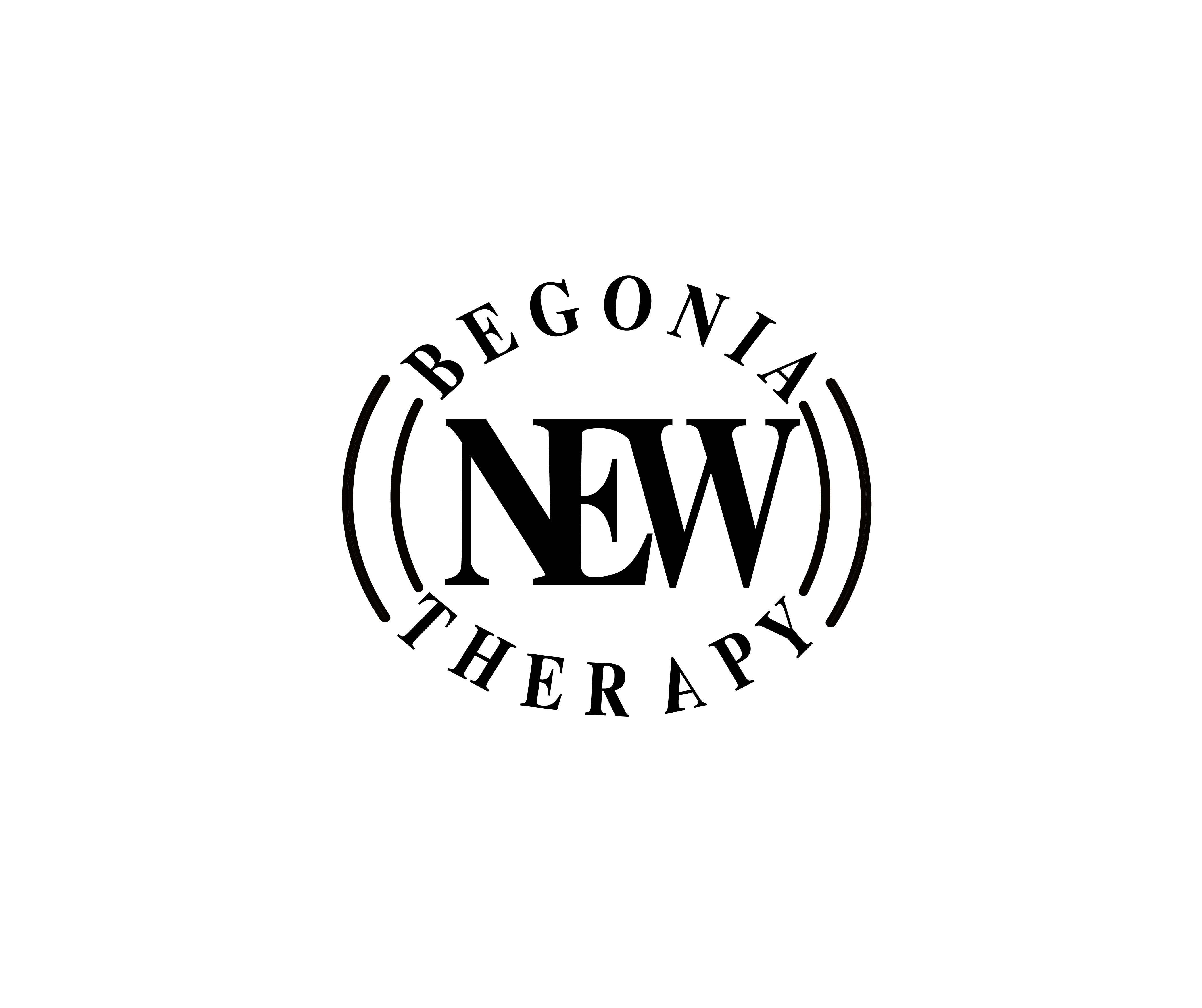Understanding the Connection Between Nutrition and Mental Health
In recent years, there has been growing interest in the link between nutrition and mental health. While it is widely known that a healthy diet is essential for physical wellbeing, research suggests that it also plays a significant role in mental wellbeing. Understanding this connection is vital in promoting overall wellness and addressing mental health issues effectively.
Nutrition is the process of providing the body with the necessary nutrients for it to function properly. These nutrients include carbohydrates, proteins, fats, vitamins, and minerals, among others. Each nutrient has a specific role in maintaining physical and mental health. For example, omega-3 fatty acids found in fish and nuts are known to support brain health and reduce symptoms of depression and anxiety.
A diet rich in nutrients supports the brain’s neurotransmitters, which are responsible for transmitting signals between brain cells. It also helps maintain the structural integrity of the brain, allowing it to function optimally. On the other hand, a poor diet lacking essential nutrients can lead to imbalances in neurotransmitters, which may contribute to mental health disorders.
Moreover, studies have shown that certain nutrients have a direct impact on mood and mental health. For instance, consuming folate, found in leafy greens and legumes, has been associated with a lower risk of developing depression. Similarly, foods rich in antioxidants, such as fruits and vegetables, help reduce inflammation in the brain, which is linked to mood disorders.
Furthermore, the gut-brain connection highlights the role of nutrition in mental health. The gut is home to billions of bacteria, collectively known as the gut microbiota. Emerging research suggests that these bacteria play a crucial role in mental health, influencing neurotransmitter production, regulating stress response, and modulating the immune system.
A balanced diet promotes a healthy gut microbiota, while a poor diet can disrupt its composition, leading to mental health issues. Therefore, consuming a variety of fiber-rich foods, fermented foods, and prebiotic-rich foods nourishes the gut microbiota, reducing the risk of mental health disorders.
While nutrition is fundamental for mental health, it is crucial to approach it holistically. Other factors, such as physical activity, sleep patterns, stress levels, and social support, also contribute significantly to mental wellbeing. In addition to a balanced diet, engaging in activities like massage, deep tissue, and Asian massage can help individuals relax and reduce stress, promoting better mental health.
To conclude, the connection between nutrition and mental health is becoming increasingly recognized and explored. A healthy diet that includes essential nutrients supports brain health, balances neurotransmitters, and nourishes the gut microbiota. However, nutrition is just one aspect of overall mental wellbeing, which also requires attention to physical activity, sleep, stress management, and social relationships. By adopting a holistic approach, individuals can optimize their mental health and improve their overall quality of life.
************
Want to get more details?
newbegoniatherapy.com
https://www.newbegoniatherapy.com/
07542 367850
6 New Road Southampton SO14 0AA
massage
For more information on massage relaxing relax deep tissue ear candling cupping asian massage contact us anytime.

